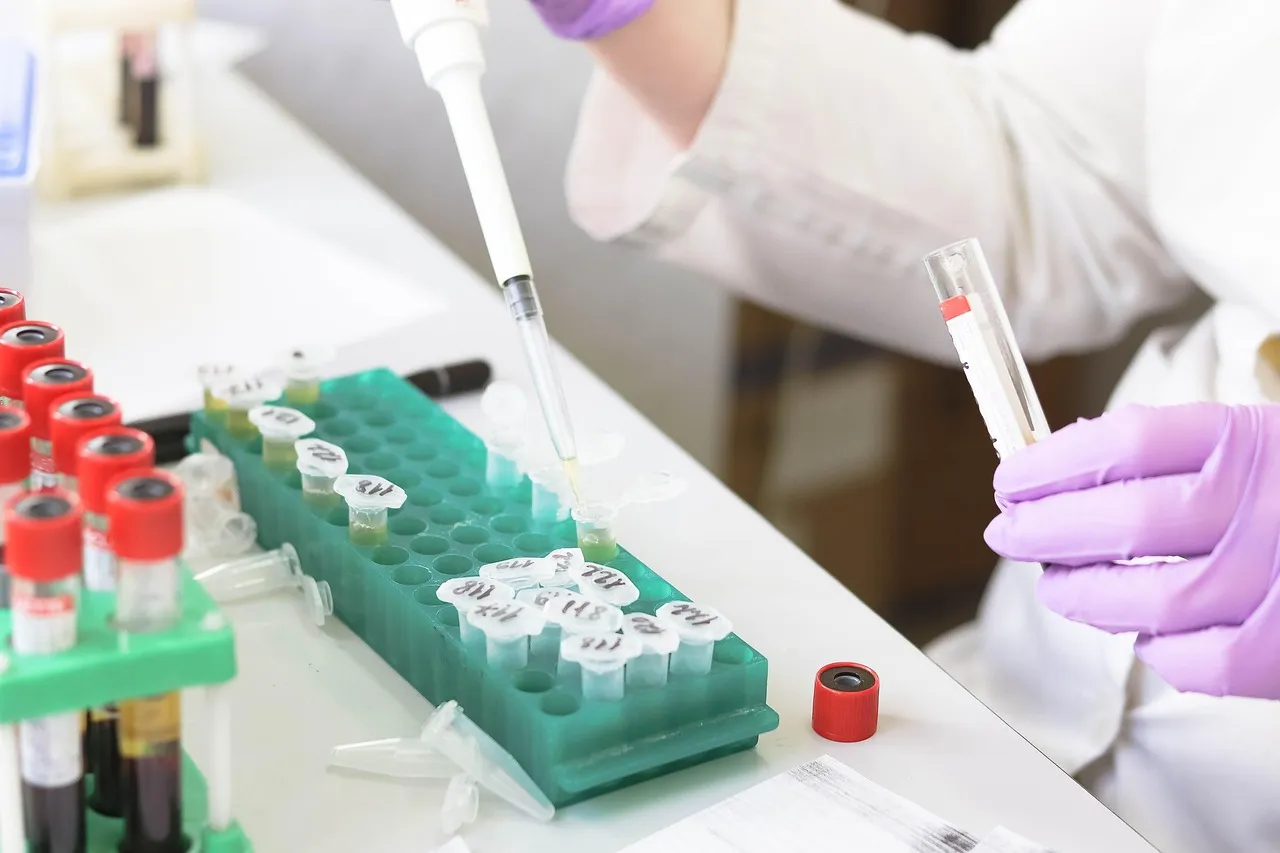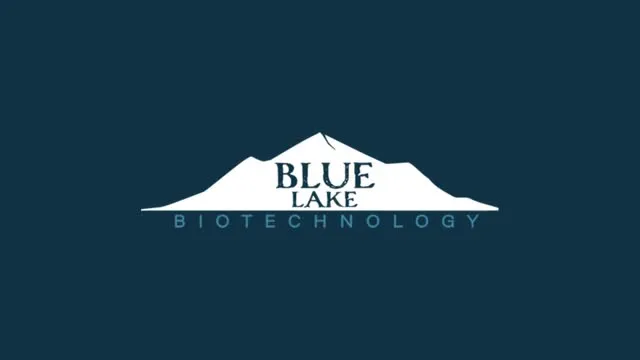
Blue Lake Biotechnology Announces FDA Clearance to Resume Enrollment of RSV-Negative and Younger Toddlers in Phase 1/2a Clinical Trial of BLB201
Blue Lake Biotechnology, Inc., a clinical-stage company pioneering intranasal vaccines based on the parainfluenza virus 5 (PIV5) vector platform, announced that it has received written agreement from the U.S. Food and Drug Administration (FDA) to resume dosing of its investigational respiratory syncytial virus (RSV) vaccine, BLB201, in young children. The FDA clearance authorizes the company to enroll and vaccinate children as young as 18 months who are RSV-negative, as well as those who are RSV-positive, marking a significant step forward in the development of a first-in-class pediatric RSV vaccine.
Blue Lake specializes in the development of vaccines designed to activate the full breadth of the human immune response—mucosal, humoral, and cellular—by delivering antigens through the intranasal route using the PIV5 viral vector. This approach aims to provide broad and durable protection against infectious diseases, including RSV, which remains one of the leading causes of respiratory illness and hospitalization among infants and young children.
Background: FDA’s Partial Holds on Pediatric RSV Vaccine Trials
The Blue Lake updated FDA decision follows a period of heightened regulatory scrutiny surrounding pediatric RSV vaccine programs. As discussed during the FDA’s Vaccines and Related Biological Products Advisory Committee (VRBPAC) meeting in December 2024, the agency previously instituted clinical holds affecting several pediatric RSV vaccine trials. These restrictions required that sponsors exclude participants under two years of age or those who tested negative for previous RSV exposure (RSV-negative). The precautionary measures were triggered by a safety concern detected in an unrelated company’s mRNA-based RSV vaccine trial, in which potential cases of vaccine-associated enhanced respiratory disease (VAERD) were identified.
VAERD is a rare but serious immunopathology in which a vaccinated individual develops more severe symptoms upon infection with the target pathogen. Because VAERD has historically been associated with earlier generations of RSV vaccine candidates—and more recently implicated in the other company’s trial—the FDA moved swiftly to assess the risk of similar events across the broader pediatric RSV vaccine landscape.
In the wake of these actions, Blue Lake Biotechnology engaged in ongoing discussions with the FDA to review the safety profile of BLB201, available clinical data, and the scientific underpinnings of its PIV5-vectored intranasal design. Based on these interactions and a comprehensive review of evidence to date, the FDA has now lifted the partial clinical hold that had restricted further enrollment of RSV-negative and younger toddlers.
FDA Clears Path for Broader Enrollment in BLB201 Pediatric Trial
“FDA’s lifting of the partial clinical hold on our trial is an important step that clears a path for Blue Lake to continue to develop an RSV vaccine for toddlers,” said Biao He, Ph.D., Chief Executive Officer of Blue Lake Biotechnology. “In our interactions with the FDA, the agency also recognized that there has been no evidence suggesting that BLB201 causes VAERD.”

Before the partial hold was lifted, the company was permitted to continue dosing only RSV-positive children over the age of two. With this latest regulatory clearance—formalized following a Type C meeting between Blue Lake and the FDA—the company may now enroll children as young as 18 months regardless of RSV serostatus. This broadened enrollment window enables continued development of BLB201 in toddlers, while also laying the groundwork for potential future studies in even younger populations, including infants, who are among the most vulnerable to severe RSV disease.
Importance of Enrolling RSV-Negative and Younger Toddlers
By expanding eligibility criteria, Blue Lake can now assess BLB201 in the group of children most likely to benefit from preventive RSV vaccination: those who have not yet been exposed to the virus. RSV-negative toddlers represent an especially important cohort for evaluating both vaccine safety and protective efficacy, as they are immunologically naïve and at higher risk for initial RSV infection.
“The enrollment of additional seronegative and younger toddlers will enable us to further evaluate the safety of BLB201 in children who have not been exposed to RSV and who have the greatest potential to benefit from a pediatric RSV vaccine,” said Henry Radziewicz, M.D., Chief Medical Officer of Blue Lake Biotechnology. “We also hope to expand our analysis of the clinical benefits of BLB201 in protecting children from symptomatic RSV infection as well as severe RSV infection. These safety and efficacy data will be the foundation for the development of the first RSV vaccine for toddlers.”
Dr. Radziewicz added that, given recent safety-related setbacks experienced by other companies developing pediatric RSV vaccines, BLB201 now appears to be the most advanced pediatric RSV vaccine candidate for young children currently in clinical development.
Clinical Data to Date: Strong Protection and Favorable Safety Profile
Prior to the FDA’s implementation of the partial clinical hold, Blue Lake had enrolled 63 participants in its Phase 1/2a clinical study of BLB201. The trial includes children between 8 and 59 months of age, and more than one-third of participants enrolled were RSV-negative at baseline. This distribution provided early insight into the vaccine’s performance across both previously exposed and unexposed pediatric populations.
A preliminary analysis of partially unblinded data, shared in December 2024, indicated highly encouraging results. Across the full study population, children who received BLB201 were 80% less likely to develop symptomatic RSV infections compared with participants who received placebo (p<0.05). These early findings suggest that BLB201 may meaningfully reduce the incidence of symptomatic RSV cases, supporting its potential role as a preventive vaccine for toddlers.
Safety and tolerability data have been similarly positive. To date, BLB201 has demonstrated an excellent safety profile, with no evidence of VAERD or other concerning safety signals. Investigators have reported that the vaccine is well tolerated across all age groups and serostatus categories included in the trial.
Advancing a First-in-Class Pediatric RSV Vaccine
Blue Lake Biotechnology views the FDA’s decision as a pivotal moment for the BLB201 program and the broader field of pediatric RSV prevention. RSV remains a significant unmet medical need, particularly for children under five, who experience some of the highest rates of RSV-associated hospitalization. While recent advancements have brought adult and maternal RSV vaccines to market, there are currently no approved RSV vaccines for toddlers or infants—a gap that BLB201 aims to fill.
With the partial clinical hold now lifted, the company intends to accelerate enrollment in the Phase 1/2a trial and generate the pediatric safety and immunogenicity data needed to progress BLB201 into later-stage clinical development. The intranasal PIV5-vectored approach offers potential advantages in inducing mucosal immunity at the primary site of RSV infection, which may translate into stronger protection against both infection and severe disease.
As regulatory authorities, clinicians, and families continue to seek effective tools to reduce RSV burden, BLB201’s progress will be closely watched. The expanded trial eligibility brings the program one step closer to establishing a first-ever RSV vaccine option for toddlers—and potentially younger children in future studies.
Source Link: https://www.businesswire.com/





